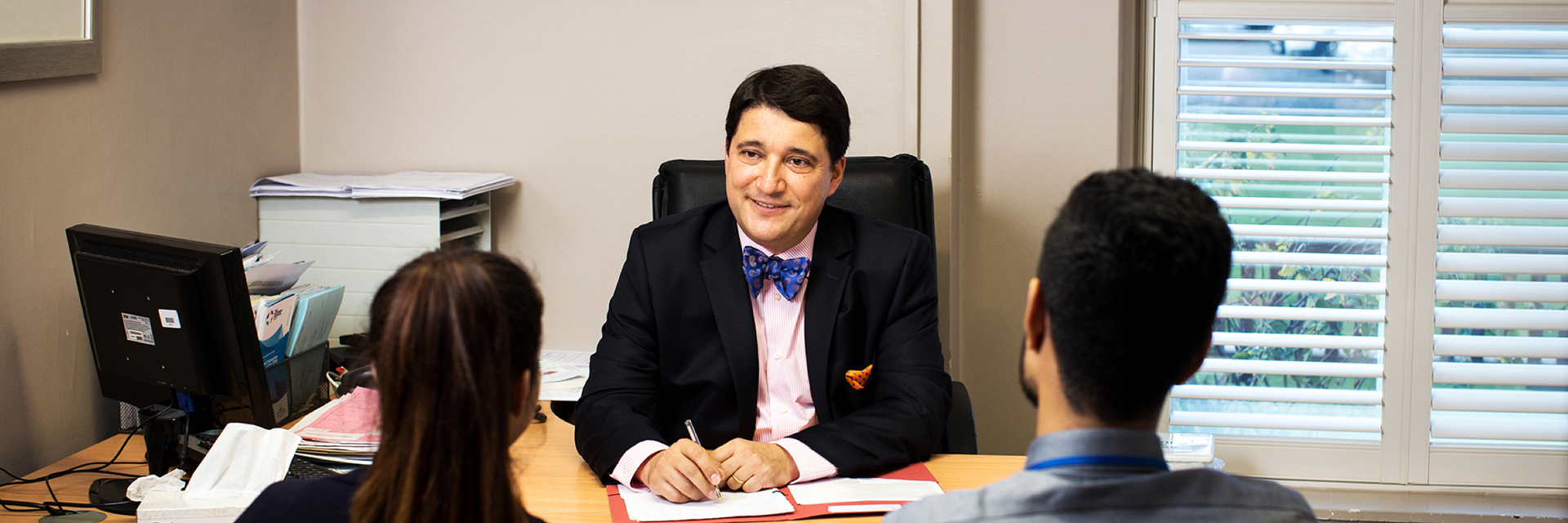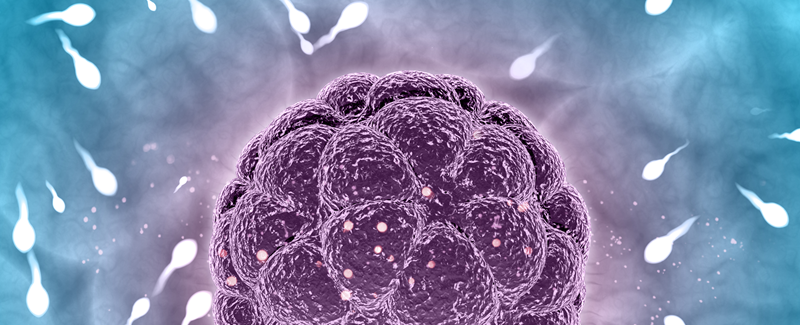- DIAGNOSIS
- TREATMENTS
Offering you proven investigations and a diagnosis
Your first consultation with me is an opportunity to discuss your medical and social background, offer answers to your questions and plan investigations, if none were performed before. All investigations can also be organised by my services after the consultation. I wish to ensure we reach a diagnosis in the shortest period of time in order to facilitate interventions. If previous investigations have been done please ensure you bring the results with you for this visit. I would like to explore why pregnancy has not established to date and provide you with practical advice on how matters can be improved.
My main practice focus are patients with infertility, patients presenting with miscarriages, including recurrent miscarriage (three or more) or patients requiring surgery for treatment of endometriosis, ovarian cysts, fibroids or heavy periods. I also offer consultations for individuals considering fertility preservation, males and females after cancer therapy (chemo or radiotherapy) and couples exploring advanced reproductive therapies like IUI, IVF, ICSI or PGD for known diseases in the family.
Also please apply for a Drugs Payment Scheme (DPS) Card using the information here. This facilitates the purchase of discounted medications if you require treatments involving gonadotrophins (artificial insemination or IVF/ICSI).
Please bring the following with you
- Copies of all investigations
- Copies of charts, including laboratory details, if you had previous treatments
- Information about your previous medical and surgical interventions
- Anything else you believe is important for the discussion
- List of questions you would like answers to.
The medical act aims to find a reason for your presentation, in your case, the delay in establishing a pregnancy. Once the cause/ causes are identified, targeted treatments can be offered. It is in your best interest to receive a diagnosis and the treatment you need in accordance with findings. Many times complex therapies are offered without a good understanding of underlying causes. Such therapies are expensive, intensive for both partners and none guarantee a pregnancy. In some cases, no clear cause can be identified.
I look forward to guiding you on this journey.
Offering you diagnosis based interventions and treatments
Reproductive Surgery
When the investigations point towards the need for surgery I will recommend such an intervention. Sometimes the surgical procedure is only diagnostic offering reassurance that no abnormality is evident and a pregnancy can still occur naturally. When abnormalities are present surgery can offer solutions and cure. See the Reproductive Surgery tab for further details.
Ovulation stimulation
Ovulation stimulation is recommended when lack of ovulation (anovulation) is the cause of infertility in women that otherwise have eggs. It is a medical intervention during which some of your eggs (present in the ovaries) are stimulated to grow using either a tablet (antioestrogen) or a hormone called Follicle Stimulating Hormone (FSH). The tablets are taken by mouth usually for 5 consecutive days. You will be administering the FSH injections underneath your tummy skin, once daily and attend for ultrasound monitoring to observe and measure the size of follicle/s that develop. A follicle is a small ovarian "cyst" that contains the egg. When the follicle reaches a certain size, the eggs inside is ready and you will administer a trigger injection. This is the most fertile time.
Intrauterine Insemination (IUI)
Intrauterine insemination, also called artificial insemination (AI) is a procedure where “laboratory prepared” semen is passed through the vagina and the neck of the womb into your womb. It is indicated where intercourse cannot occur, erection or ejaculation is not happening or as a last treatment before IVF. The semen must be of a certain quality in order for this procedure to be successful.
The female partner will have ultrasound monitoring (follicle tracking) to ensure egg development and also allow accurate timing of the insemination. Ovulation induction with tablets or FSH injections will be used. The likelihood of pregnancy is female age dependant and can be as high as 15% per cycle of treatment. In women over 40 the likelihood to conceive is less than 5% per cycle.
IVF
In Vitro Fertilisation (IVF) is the only option to have a genetic child for couples where the man has no sperm in the ejaculate or the woman has lost both Fallopian tubes. Such treatments are also used for other indications like severe endometriosis or severe semen abnormalities. I routinely offer you a diagnosis before proposing advanced fertility therapies like ART (Assisted Reproductive Technology to include IUI and IVF/ ICSI).
IVF is a laboratory procedure in which eggs (yours recovered from your ovaries after stimulation or donated eggs) and your partner's (or donated) semen are combined in a test tube, kept at warm temperature and constant incubator environment and allowed to interact in a process called fertilisation. Following fertilisation, the development of embryos is monitored for two, three or five days before one or more are selected for transfer. During transfer your embryos are placed, using a very fine tube, through the neck of the womb into your womb. Over the next 14 days your embryos and your body will negotiate the establishment of a pregnancy.
Your treatment success depends primarily on the age of the female and the cause of infertility. Despite significant advances in stimulation, embryo culture and freezing, success rates per cycle are never higher than 50%. Like all medical interventions, IVF and ICSI have potential risks and complications that need prior consideration and detailed discussion.
ICSI
ICSI or Intra Cytoplasmic Sperm Injection is used mainly for cases where the semen quality is low and the interaction between your sperm and eggs, as described in IVF, is very unlikely to occur. As such, to avoid fertilisation failure ICSI is used. Each “mature” egg, recovered from your ovary or donated, is injected with a sperm, under high magnification and using specific laboratory skills. Following injection and fertilisation the monitoring of embryo development, selection and transfer of embryos occurs as in IVF. It is only the process of facilitating sperm and egg interaction that is different between IVF and ICSI.
Egg Freezing
Is indicated where certain conditions might predispose you to a faster egg loss and thus infertility. The process involves ovarian stimulation with FSH injections, ultrasound monitoring and egg retrieval. Following retrieval, the eggs are instantaneously plunged to -196 degrees Celsius in order to cryopreserve (freeze) them. This process is called vitrification and has increased likelihood of egg surviving after thaw (region of 95%). Pregnancy rates after thaw are female age dependant.
PGT-M
“PGT-M, also known as Pre-Implantation Genetic Testing for Monogenic/ Single gene disorders is an intervention recommended for couples where a known genetic condition (controlled by a single gene) is present in the family. Examples are Cystic Fibrosis, Sickle Cell Disease or Fragile X Syndrome. Following IVF, embryos are tested (cells are removed from the forming placenta and sent for diagnosis to identify the presence or absence of the genetic mutation) and any unaffected embryos are transferred as a choice. The embryos will all be frozen until the results are available.”













